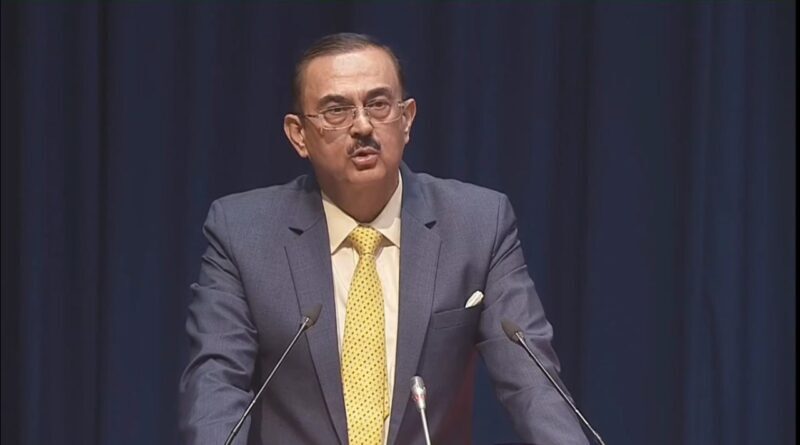SCBA President Vikas Singh: Judiciary Needs Reform, Not Ridicule—Hits Back at Sanyal’s Viksit Bharat Jibe
(By Syed Ali Taher Abedi)
New Delhi, October 1, 2025 — In a sharp rebuttal to recent remarks made by economist and government advisor Sanjeev Sanyal, the President of the Supreme Court Bar Association (SCBA), Vikas Singh, has condemned Sanyal’s characterization of the Indian judiciary as the “biggest hurdle to Viksit Bharat” as “irresponsible” and “made in bad taste.”
Speaking at the Nayay Nirman 2025 conference organized by the General Counsel Association of India, Sanyal had criticized the long vacations of higher courts, suggesting they impede India’s developmental aspirations. His comments sparked immediate backlash from the legal fraternity, with Singh leading the charge.
Defending Judicial Vacations
Singh asserted that Sanyal’s critique betrayed a fundamental misunderstanding of how higher courts operate. “Judicial vacations are not leisure breaks,” Singh said. “They are essential periods during which judges write judgments, reflect on complex legal issues, and manage the enormous backlog of cases. To grasp their necessity, one must understand the workload borne by judges and lawyers alike.”
He further described Sanyal’s remarks as “insensitive to the functioning of the judiciary,” emphasizing that such commentary undermines public confidence in a vital democratic institution.
On Judicial Appointments and Infrastructure
Turning his attention to systemic issues, Singh criticized the government’s handling of judicial appointments, particularly its delays in approving collegium recommendations. “The government’s reluctance to act on collegium proposals has led to poor appointments and vacancies in the higher judiciary,” he said.
Singh called for urgent reforms, including:
- Enhanced infrastructure for courts
- Competitive remuneration for judges
- A credible and transparent appointments process
He also advocated for a statutory framework to regulate the collegium system, ensuring transparency without compromising judicial independence.
Revisiting NJAC and Judicial Primacy
Singh revisited the controversial National Judicial Appointments Commission (NJAC), which was struck down by the Supreme Court in 2015. “The NJAC failed because it gave the executive an upper hand in judicial appointments,” he noted. “Any new law must preserve the primacy of the judiciary while introducing transparency and accountability.”
On Courtroom Etiquette
Responding to Sanyal’s critique of traditional courtroom salutations like “My Lord” and “Your Lordship,” Singh downplayed their significance. “These are legacy phrases; mere habits formed over time. They hold no real meaning and can be dispensed with,” he said, signalling openness to modernizing courtroom decorum.
A Call for Constructive Dialogue
Singh concluded by urging policymakers and commentators to engage with the judiciary constructively. “Reform must be rooted in respect and understanding—not rhetoric. The judiciary is not a hurdle but a pillar of democracy.”
The exchange highlights growing tensions between the executive and judicial branches, and underscores the need for thoughtful reforms that balance efficiency with independence.



